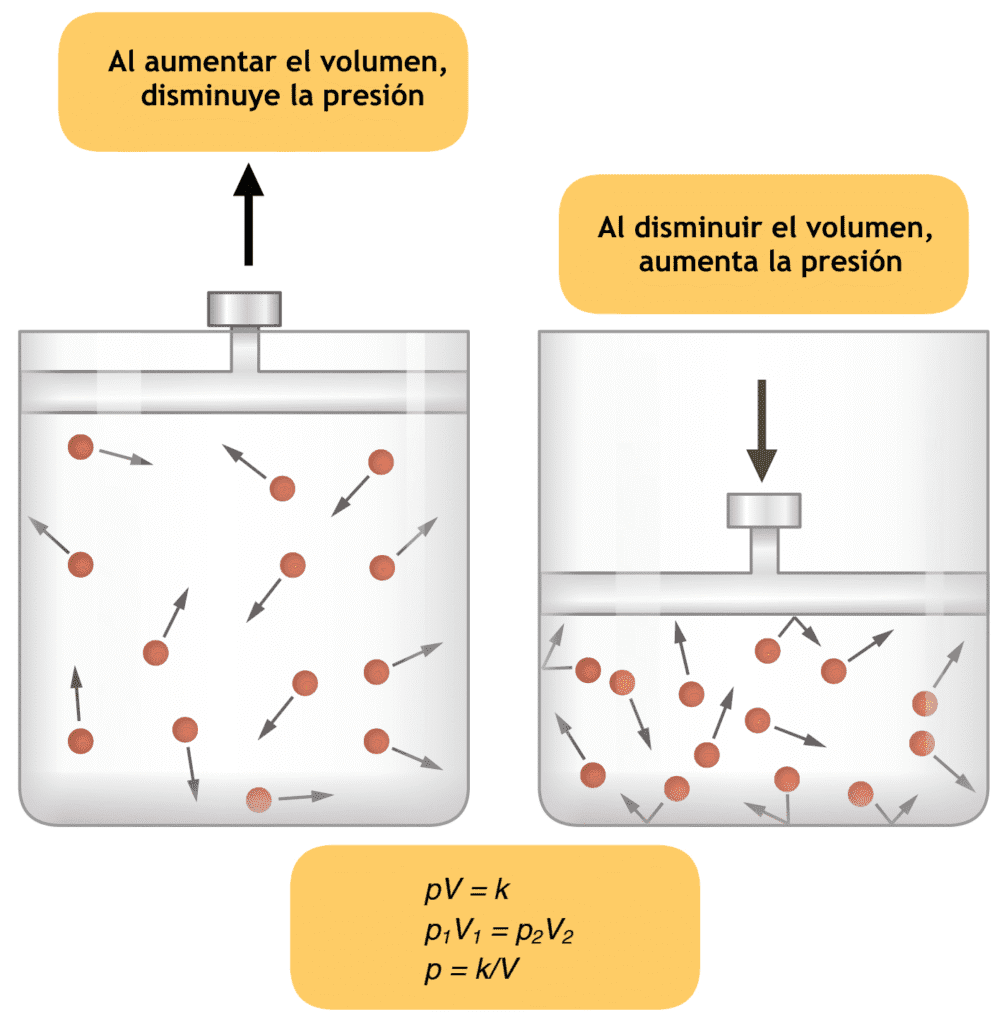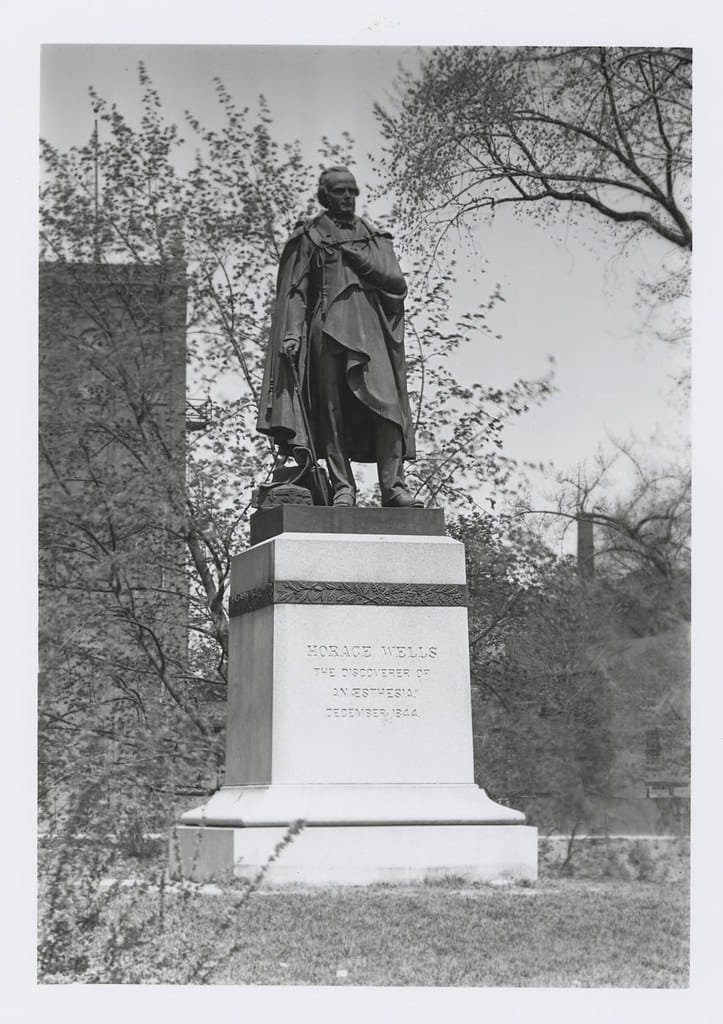Charle’s Law: A Fundamental Gas Law
What is Charle’s Law?
Charle’s Law is a fundamental principle in thermodynamics that describes how gases behave under varying conditions of temperature and volume. Formulated by Jacques Charles in the late 18th century, this law states that the volume of a gas is directly proportional to its absolute temperature, provided the pressure remains constant. This relationship can be mathematically represented as V/T = k, where V represents the volume, T is the temperature in Kelvin, and k is a constant.
The Charle’s law is another important gas law, essential in the understanding the physics related to gases. It states that the volume of a gas at constant pressure is directly proportional to the temperature of the gas.
In other words with any increase in the volume of the gas the temperature will also increase if its pressure is maintained the same. Similarly, with any decrease in the volume of the gas while keeping its pressure constant will decrease the temperature of the gas.
This law is essential do understand the basic relationship between volume and temperature of a gas.
The Significance of Charle’s Law
Understanding Charle’s Law is essential for fields such as chemistry and engineering. It explains various phenomena, such as why balloons expand when heated. When the temperature rises, the kinetic energy of the gas molecules increases, leading to greater movement and an increase in volume if the pressure remains unchanged. This principle is not only pivotal in academic settings but also plays a significant role in everyday applications.
Real-World Applications
Charle’s Law finds numerous practical applications in our daily lives. For instance, in the field of meteorology, the law is utilized to predict how weather balloons will expand at different altitudes. Additionally, when considering the behavior of gases in engines and various industrial processes, Charle’s Law helps engineers design systems that operate efficiently under varying temperature conditions. A firm grasp of this principle allows for innovative advancements across multiple industries.
The Charle’s law is another important gas law, essential in the understanding the physics related to gases. The Charle’s law states that the volume of a gas at constant pressure is directly proportional to the temperature of the gas.
In other words with any increase in the volume of the gas the temperature will also increase if its pressure is maintained the same. Similarly, with any decrease in the volume of the gas while keeping its pressure constant will decrease the temperature of the gas.
This law is essential do understand the basic relationship between volume and temperature of a gas
Furthermore we understand from this law that any change in temperature will result in a change in the volume of the gas with the pressure being the same. That is if a gas gets heated up, it will expand and when it gets cooled it diminishes in volume.
The law has its own implications in the understanding and usage of the gases used in anesthesia. Better knowledge of this law explains us the changes taking place in the gas cylinders and the Boyle’s machine, which are necessarily used in anesthesia practice.
The other gas laws apart from Charle’s law that need to be known are the Boyle’s law and the Graham’s law.


